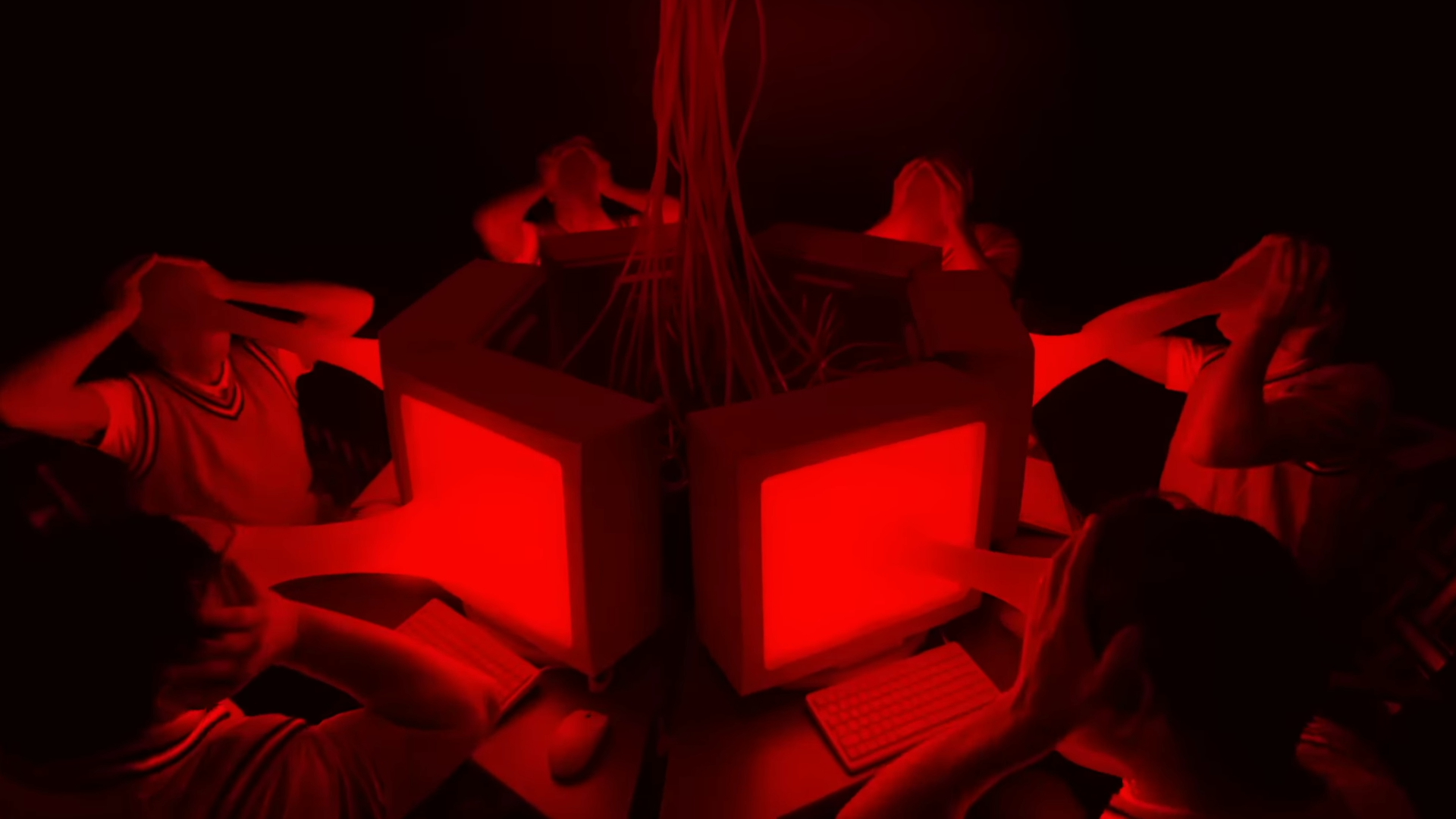We are colonized. The Tech Giants control the digital world with the complicity of the United States. Most computers (those using AMD or Intel processors) can be spied on and remotely controlled thanks to a universal backdoor1, with the legal backing of the USA PATRIOT Act2. We are also spied on through mobile phones3, surveillance cameras, through the banking system, etc.
We are the enemy
WikiLeaks4 and Edward Snowden5 showed the world the spying and other atrocities committed, especially by publishing confidential files. The creator of WikiLeaks is in prison for reporting the situation, and Snowden is in exile in Russia. But you don't have to commit a crime to be imprisoned or persecuted, as free software programmer and privacy advocate Ola Bini knows well6.
If you are reading this article, you are probably considered an extremist by the US National Security Agency, as happened to the readers of Linux Journal7. Fortunately there are more GNU/Linux and privacy extremists today. Companies like Microsoft used to say GNU/Linux was a cancer8; now they “love Linux”9. Free software and privacy have gained popularity and followers, but most of the problems mentioned above are still present.
Decolonization
Although most people live colonized by proprietary and spying technologies, there are free alternatives that allow us to have more privacy and control, there are free hardware and free software projects that give us the freedoms that big companies and governments deny us. These technologies should be supported and adopted, but for that we need to make the problem visible and convince the population of their advantages.
If we want to achieve more privacy and freedom, we must also put an end to companies like Google, Meta, Apple and Microsoft, which only pay lip service to privacy and free software. To do this we must replace their spyware and proprietary programs with free and decentralized alternatives. We must also support free hardware projects.
However, the system is against us. In most countries, tax money is used to pay for spyware licenses and to create a digital surveillance system. One way to fight against that is to pay as little taxes as possible (paying in cash and using anonymous cryptocurrencies like Monero10, for instance) and to expose this issue.
The Roman Empire did not fall in two days. Neither will China's nor the U.S. digital empire. It is in our hands to create and foster liberating options.
-
The Hated One (2019, April 7). How Intel wants to backdoor every computer in the world | Intel Management Engine explained. https://inv.zzls.xyz/watch?v=Lr-9aCMUXzI. ↩
-
Leiva A. (2021, November 26). 26 de octubre de 2001: George W. Bush firma la ley USA Patriot, o Patriot Act. https://elordenmundial.com/hoy-en-la-historia/26-octubre/26-de-octubre-de-2001-george-w-bush-firma-la-ley-usa-patriot-o-patriot-act/. ↩
-
Rosenzweig, A. (2017, October 18). No Cellphones Beyond This Point. https://freakspot.net/no-m%C3%A1s-celulares-a-partir-de-ahora/. ↩
-
Wikipedia authors (2013, May 15). List of material published by WikiLeaks. https://en.wikipedia.org/wiki/List_of_material_published_by_WikiLeaks. ↩
-
BBC News Mundo (2022, September 26). Snowden: Putin otorga la nacionalidad rusa al exagente estadounidense. https://www.bbc.com/mundo/noticias-internacional-63039060. ↩
-
Wikipedia authors (2023, February 1). Ola Bini. https://es.wikipedia.org/wiki/Ola_Bini. ↩
-
Rankin, K. (2014, July 3). NSA: Linux Journal is an "extremist forum" and its readers get flagged for extra surveillance. https://www.linuxjournal.com/content/nsa-linux-journal-extremist-forum-and-its-readers-get-flagged-extra-surveillance. ↩
-
Greene, T. C. (2001, June 2). Ballmer: 'Linux is a cancer'. https://www.theregister.com/2001/06/02/ballmer_linux_is_a_cancer/. ↩
-
Wikipedia authors (2023, April 7). Microsoft and open source. https://en.wikipedia.org/wiki/Microsoft_and_open_source. ↩
-
Maldonado Ventura, J. (2023, February 20). Criptomonedas, anonimato, economía descentralizada. https://freakspot.net/dinero-an%C3%B3nimo-digital-monero/. ↩


Comments